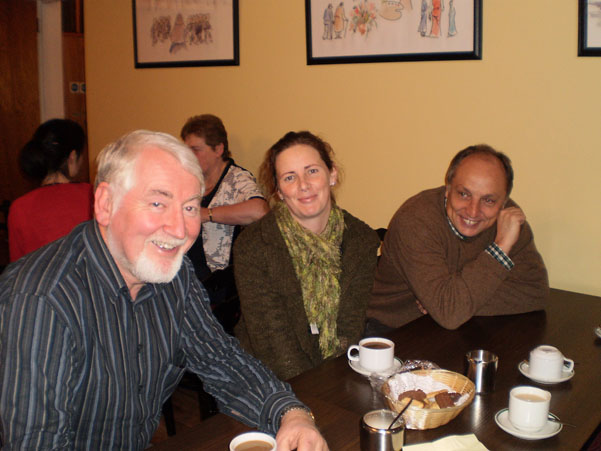Statement by Cardinal Seán Brady, Archbishop of Armagh,
regarding Father Oliver Brennan – 20 October 2012
In August 2010 Father Oliver Brennan, after denying allegations that had been made against him, agreed to voluntarily step aside from active ministry.
On the 28 November 2011 the Public Prosecution Service for Northern Ireland informed Father Oliver Brennan of their decision not to prosecute him.
On the 8 May 2012 the Congregation for the Doctrine of the Faith requested Cardinal Brady to conduct a Penal Administrative Process.
Having evaluated all the material, that Penal Administrative Process has found as follows:
(i) the allegations against Father Oliver Brennan have not been substantiated;
(ii) Father Oliver Brennan remains a priest in good standing and is to be restored to active ministry forthwith.
ENDS






